Blog
Whether it is a construction project related to flooring or installing countertops, natural stone emerges as a wonderful alternative to concrete and other available options. Due to their natural characteristics, natural stones like marble, granite, sandstone, limestone, and quartz are widely used in modern structures these days. However, the two most widely preferred materials for countertops are granite and quartz. One big reason behind their usage is their durability.
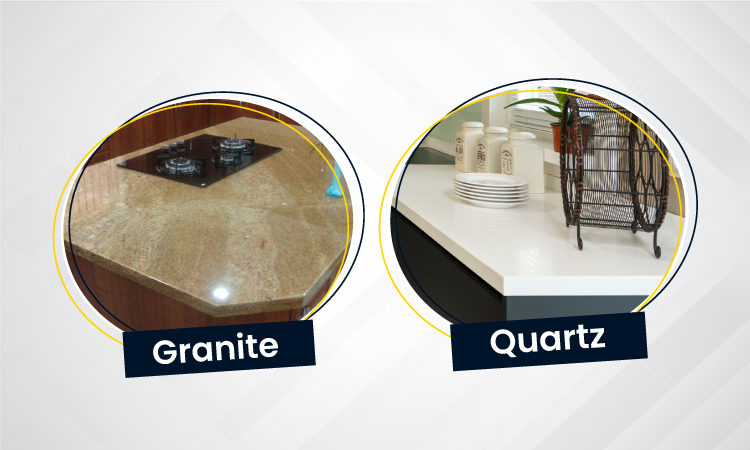
There are lots of things that need to consider when it comes to choosing the right material for countertops like hardness, heat resistance ability, maintenance, and undoubtedly durability. Many people remain confused between quartz and granite as to which one is more durable. Though both quartz and granite countertops are used in households, it is necessary for them to know which one is more durable between them.
In this post, we will take a detailed look at both the materials and their ability to perform in various situations.
Difference Between Quartz and Granite Countertops in terms of Hardness, Durability, and Resistance
Quartz
Quartz is largely considered an engineered stone. Though there is an option to choose natural quartz, in most cases, quartz means a mix of materials: nearly 90 percent natural quartz, 10 percent polyresin, and some extra tinctures for color and pattern. The precise proportion of these constituents differs by brand.
Natural quartz is usually quarried in many regions across the globe. In the United States, a large portion of quartz is extracted from the Arkansas region, which has nearly 30 to 40 quartz mining avenues. This mineral takes shape usually in either igneous rocks, rocks formed from the cooling of molten lava, or setting with geothermal liquids.
Once extracted and mixed with pigments and polyresin and pigments, this mixture gets transformed into a mold, treated, and then marketed as a slab.
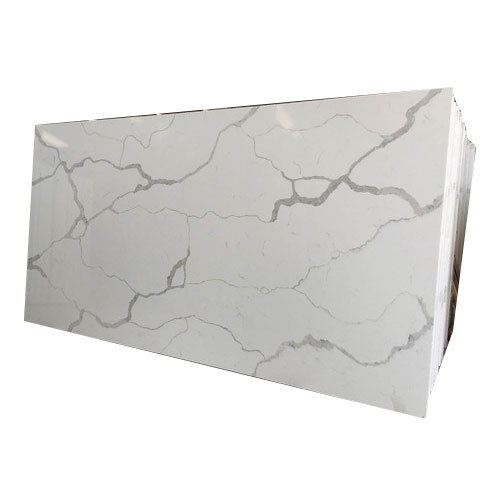
Hardness
The hardness of quartz is gauged through Moh’s scale of hardness, which measures the object’s scratch resistance. The bottommost mineral is soapstone which has a ranking of 1, whereas diamond sits on the top with a ranking of 10, which is the hardest material available today.
Quartz is placed at no.7 on Moh’s scale of hardness, making it one of the toughest materials for kitchen countertops.
Resistance
Being a non-porous material, quartz is resistant to different types of stains. However, it is to note that this material doesn’t exhibit this resistance to all objects. There are certain things that can cause discoloration to quartz like coffee, tea, paint thinners, and harsh cleaners.
Quartz is scratch-resistant too. Since it is tanked 7 on the Mohs scale, a majority of household items won’t cause any scratch on their surface, like steel kitchen knives, which usually rest on the Mohs scale at 5 or 6.
Granite
Granite is an absolute natural stone since it doesn’t contain any additives. It simply means that this natural stone can be used in the same form as extracted from the quarry. However, it needs some kind of treatment like edging and polishing to make it more applicable in construction projects. Granite is one of the most widely used igneous rocks in modern architecture due to its amazing durability, aesthetics, and resistance power.
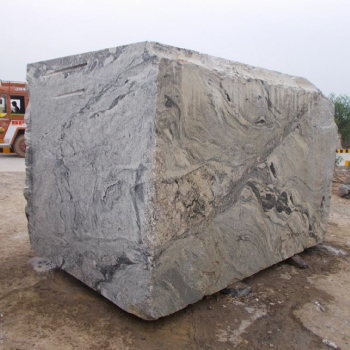
Granite is made up of various minerals, like natural quartz, which we discussed above, feldspar, and minor amounts of other substances. It is found prevalently in the Earth’s crust, or the rock creating each continent.
This natural stone can be discovered throughout the world, with many quarries located in countries like Italy, Brazil, India, and China. Each region has distinctive visual characteristics. It is usually extracted in large quantities.
Hardness
As mentioned above, minerals’ hardness is measured through Moh’s scale of hardness. On this scientific scale, granite typically rests at no. 6. This tends to differ from slab to slab, with some slabs resting at a 5 and others at no.7, but it will be approximately around this stage on the scale.
Resistance
Granite is one of the most resistant materials available today. It exhibits superb resistance to many things:
Granite is stain-resistant when treated using a sealant. In the absence of this sealant, it is more like a porous material that will engross liquids and cause possibly irreversible damage. Even when treated with a sealant, it is recommended to clean up fallen liquids or food on granite countertops. Some perpetrators of staining are coffee, wine, specific types of juices, and abrasive cleaning agents.
Granite is resistant to most scratches since it sits at nearly a 6 on the Moh’s Hardness scale. In spite of this good ranking, it is suggested not to do irrelevant activities on it like chopping straight on it or putting hard items on it.
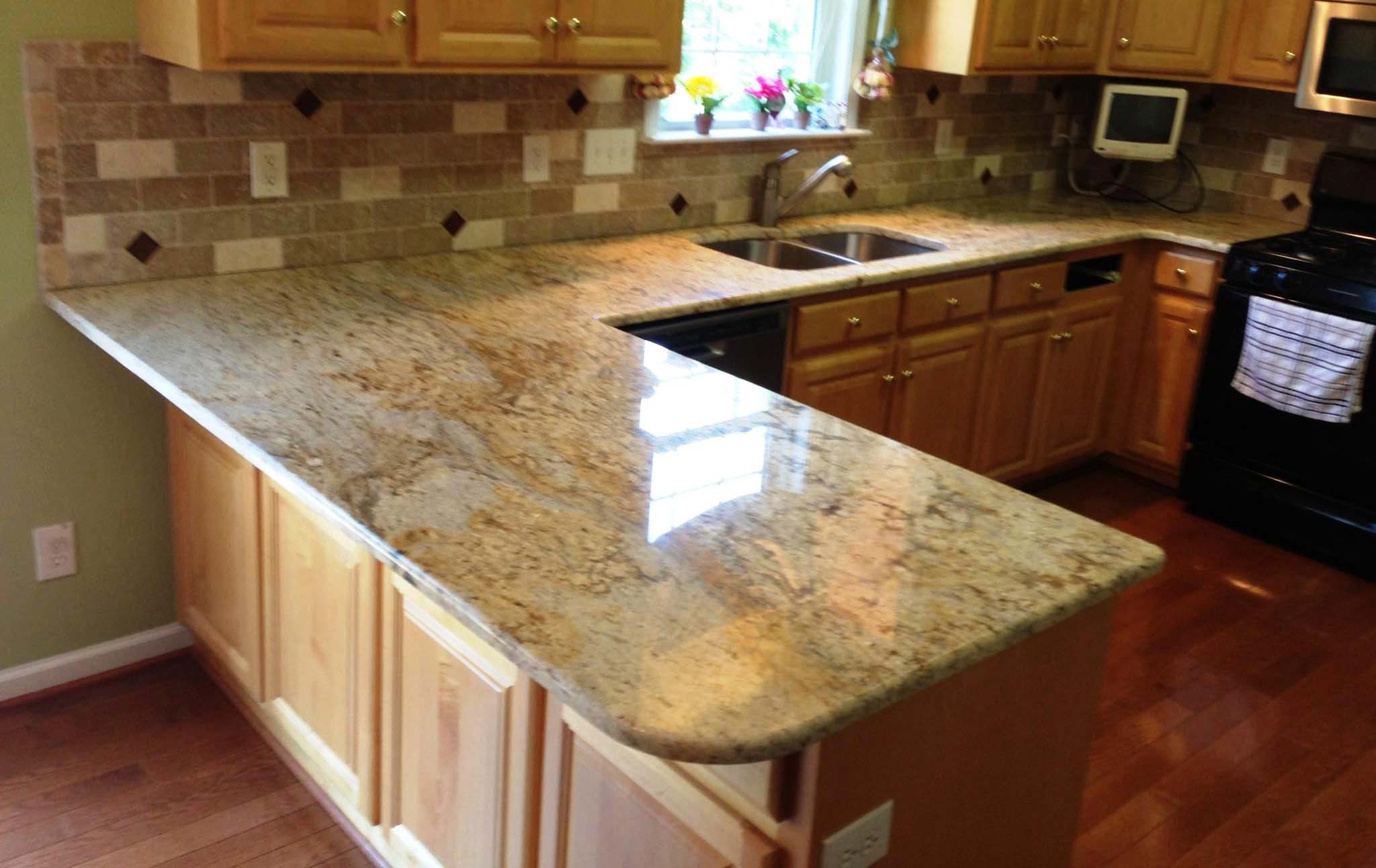
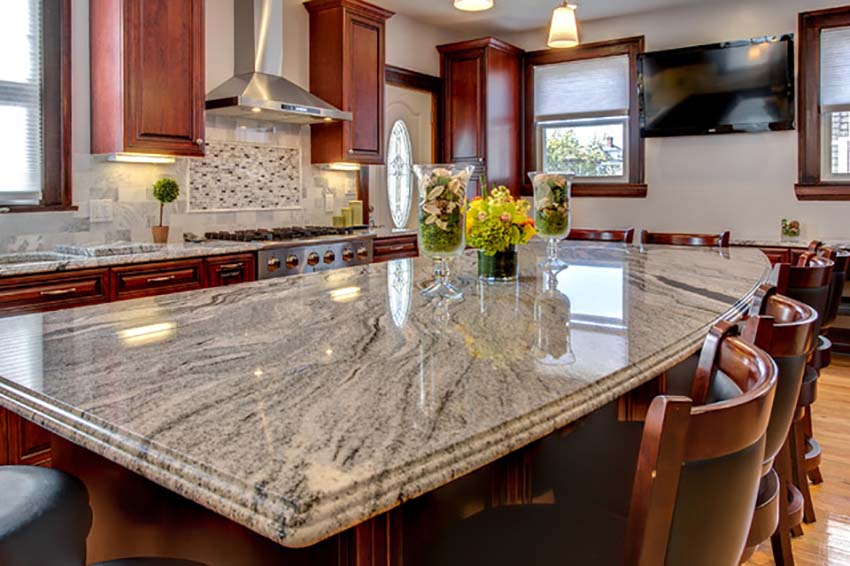
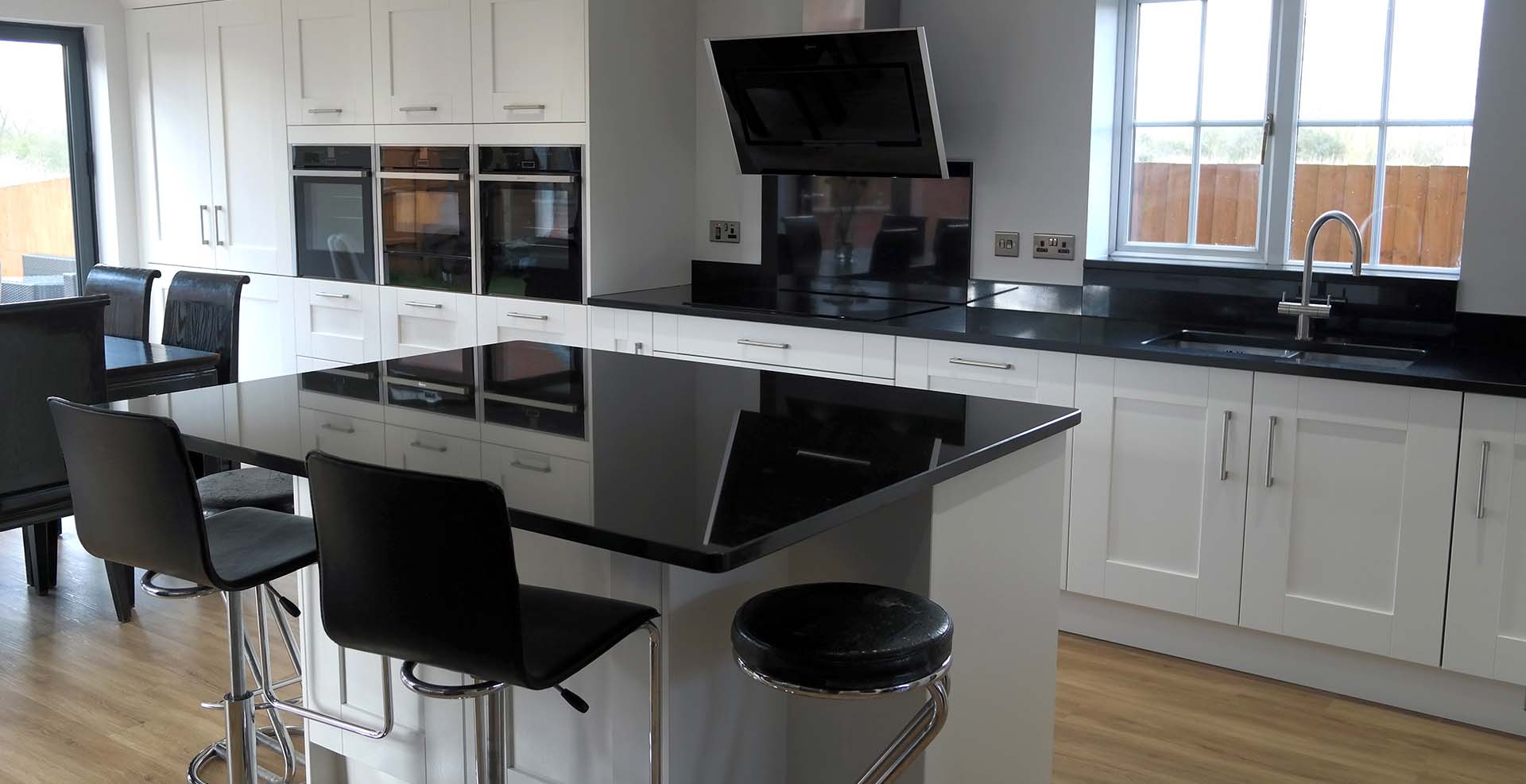
The stone also exhibits resistance to stains. Since it doesn’t contain any additives, it stays durable against very high temperatures. However, experts recommend that homeowners should take precautions with hot objects and use hot pads or trivets. Considering all this, granite countertops are one of the most widely preferred kitchen décor elements today as they can easily withstand temperature up to 480 degrees Fahrenheit, and can even survive beyond that.
The Conclusion
From the above given explanation, many things get clear. For example, in regard to hardness, quartz closely takes an edge with a Moh’s hardness scale score of 7, while granite usually rests at no. 6. There are granite slabs that can also have a rating of 7, however, in terms of their typical hardness, quartz is better.
